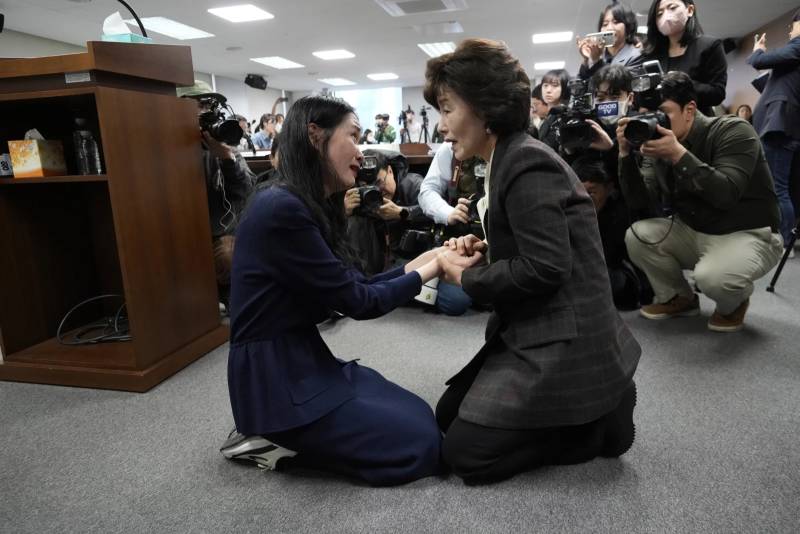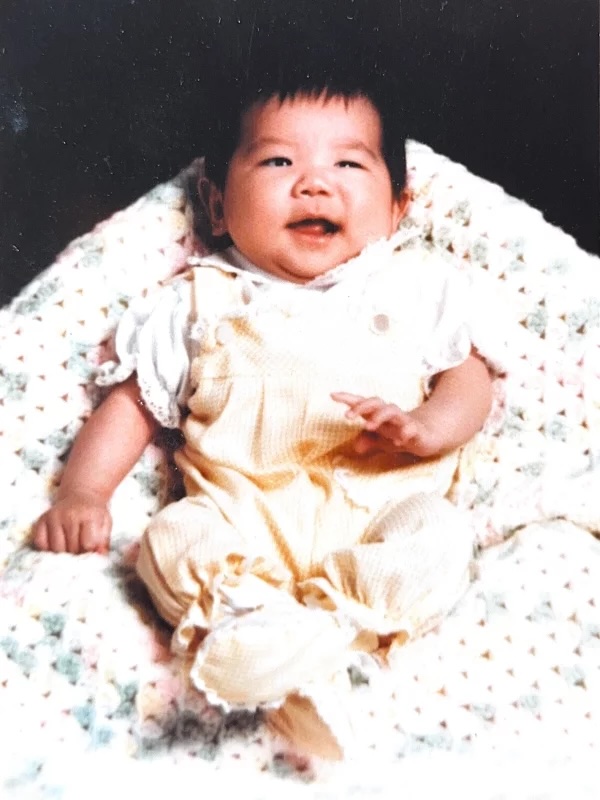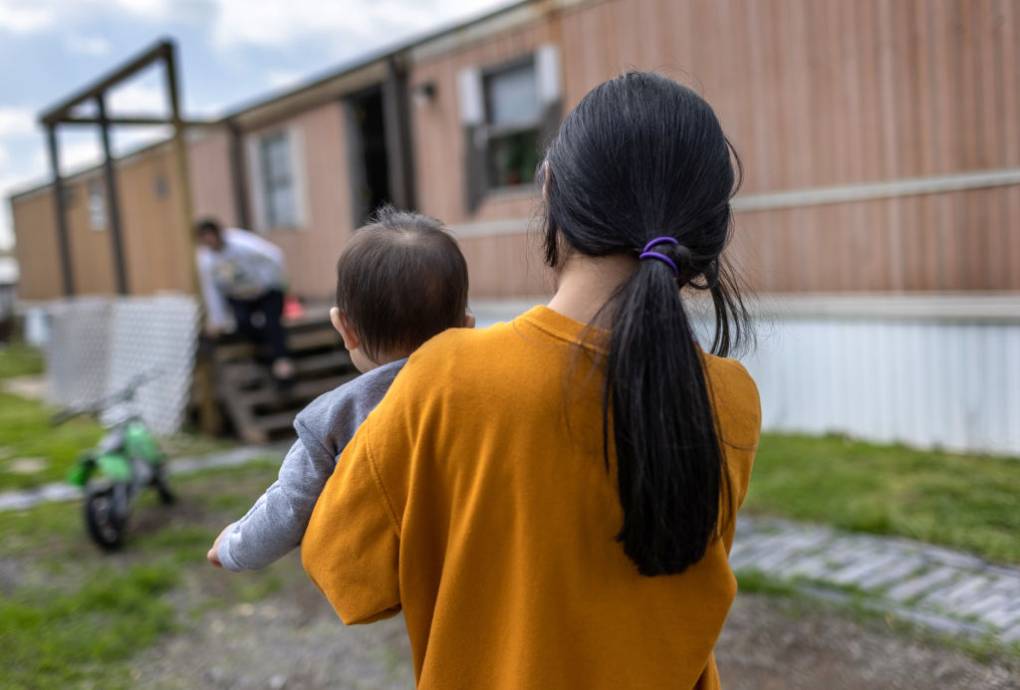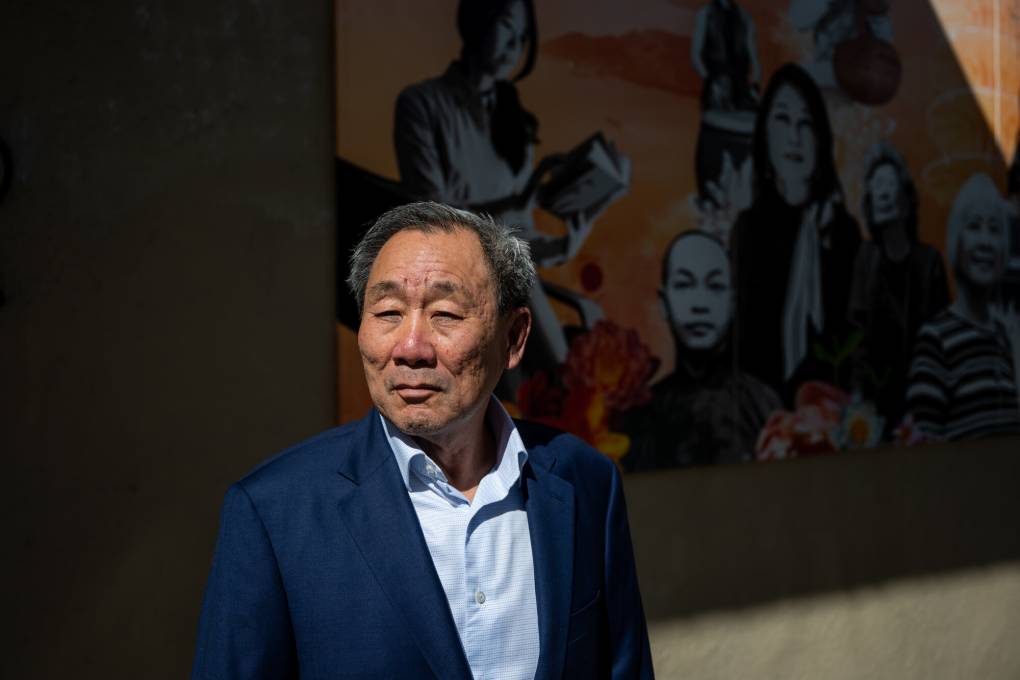“As children, we didn’t broker our own adoptions, nor did we bring ourselves across the border without the proper documentation. Nor did we fail to apply for our own citizenship,” she said. “So why are we holding children responsible for their parents’ mistakes?”
For decades, attorneys often advised Alessi to simply “lay low” rather than try to take steps to correct her immigration status. But leaving the issue unresolved puts adoptees at another kind of risk: a criminal conviction, no matter how minor, can expose them to the full weight of immigration enforcement.
NPR previously reported of an adoptee and father of five who was convicted of marijuana possession in Texas. Because his adoption was filed improperly, he was sent to his birth country of Mexico after having served a few years in prison.
Amanda Cho, a spokesperson for Adoptees for Justice, said adoptees who are deported often receive little to no support to navigate life in an unfamiliar country, putting them at significant risk of unemployment, homelessness, and mental health crises.
“They’re kind of just left to struggle and survive on their own,” she said.
In one case, an adoptee named Phillip Clay killed himself after struggling to adjust to life in South Korea.
Thousands of adoptees could have relief with this bill
The State Department said in a statement that it works to ensure intercountry adoptions are “safe, ethical, legal and transparent” but “[its] role in issues regarding adoptee citizenship is generally limited to adjudicating applications for a U.S. passport.”
Adoptee advocates argue the solution lies in eliminating the age cutoff from the 2000 law. Legislative efforts to do just that have historically received bipartisan support. But progress has been slow because the issue had been tied to immigration, an area that has been persistently difficult to reform, according Rep. Adam Smith, D-Wash., who has previously sponsored the bill.
“So it’s really paralyzed our ability to right a very simple and straightforward wrong,” he added.
But Cho said at its core, the bill is about preventing family separation.
“Adoptees were adopted into a family as children,” she said. “It’s not fair that a biological child can commit a crime, do their time and continue on with their life. But an adopted child is treated [differently].”
Beyond the federal level, states can also better support adoptees by allowing them greater access to their adoption records, according to Luce, who is also the founder of the Adoptee Rights Law Center.
These documents are often considered the most secretive of all court files given their sensitive nature. In many states, including California, Kentucky and Virginia, adult adoptees must secure a court order or permission from their adoptive parents in order to gain access to certain adoption papers. The fee to obtain these files can also be far higher than the cost to retrieve a non-adoptee birth certificate.
The issue impacts both those who were adopted domestically and internationally. In A’s case, Luce said he requested documents essential to her immigration case in state court three times over two years. Had it been easier to get those papers, A would have obtained her green card by now, according to Luce.
“It’s incredibly frustrating if not insane and ultimately dangerous for intercountry adopted people like A when they cannot get basic documents to prove they are lawfully in the United States,” he said.
“It is an issue of human rights and individual dignity that we’ve been fighting for more than 50 years,” he added.
A tries to get a green card amid the new Trump administration
In 2022, A married a U.S. citizen — opening up a new viable pathway toward citizenship. It’s promising, but A won’t be able to get a green card until she has obtained adoption papers.
A said her husband is “more nervous now than ever before because of the current administration.”
Soon, A won’t be able to fly within the country because she’s not eligible for a Real ID. It means missing work trips and her best friend’s birthday in New York, breaking a 12-year tradition. “It’s a really big loss,” A said.
It also comes at a time when she feels the most grateful for the life that she has built — securing her dream two-bedroom apartment nestled between parks and hiking paths, working a job she loves and having a close-knit group of friends, many of whom are fellow adoptees.
“I am so in tune with how lucky I am and somehow it feels like a way to measure how long and hard I worked and how many times I moved trying to find my place,” she said.



